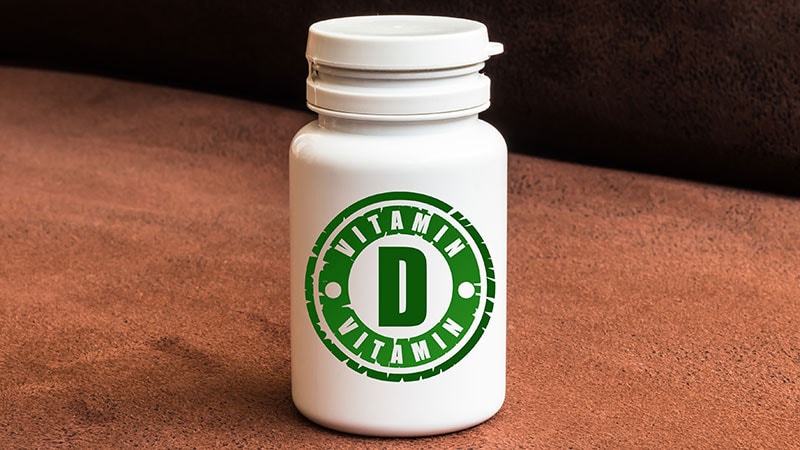Vitamin D Impact on Digestive Tract Cancer Outcomes
Core Concepts
Vitamin D supplementation reduces relapse or death risk in p53-immunoreactive digestive tract cancer patients.
Abstract
The study analyzed the impact of vitamin D supplementation on patients with digestive tract cancer, specifically focusing on the p53-immunoreactive subgroup. Here are the key highlights and insights from the content:
Vitamin D supplementation reduced relapse or death risk by 73% in p53-immunoreactive patients.
5-year relapse-free survival was significantly higher in the vitamin D group compared to the placebo group.
No effect on survival outcomes was observed in the non-p53-immunoreactive subgroup.
The study suggests that vitamin D supplementation may be beneficial for reducing cancer risk and improving outcomes, particularly in patients with specific tumor biology.
Previous research has shown mixed evidence on the efficacy of vitamin D in reducing cancer mortality.
The study emphasizes the importance of developing cancer immunotherapy targeting mutated p53 proteins.
'Game Changer' Data for Vitamin D in Digestive Tract Cancers
Stats
Vitamin D supplementation reduced the risk of relapse or death by 73% in the p53-immunoreactive subgroup.
5-year relapse-free survival was 81% in the vitamin D group vs 31% in the placebo group.
Vitamin D supplementation had no effect on survival outcomes in the non-p53-immunoreactive subgroup.
Post hoc analysis of the AMATERASU trial showed improved RFS in p53-positive digestive tract cancer patients with vitamin D supplementation.
Quotes
"These findings represent a 'game changer' for vitamin D and cancer." - Michael Holick, PhD, MD
"The main findings of this study were that daily supplementation of 2000 IU of vitamin D reduced the risk of relapse or death compared with placebo in the p53-immunoreactive subgroup." - Mitsuyoshi Urashima, MD, PhD, MPH
Key Insights Distilled From
by Megan Brooks at www.medscape.com 08-25-2023
https://www.medscape.com/viewarticle/995848
Deeper Inquiries
How can the findings of this study impact the current treatment approaches for digestive tract cancer patients?
The findings of this study suggest that vitamin D supplementation can significantly reduce the risk of relapse or death in a subgroup of patients with digestive tract cancer who are p53-immunoreactive. This could potentially lead to a shift in treatment approaches, where vitamin D supplementation is considered as an adjuvant therapy for this specific subgroup of patients. Integrating vitamin D supplementation into the treatment regimen for these patients may improve their outcomes and overall survival rates.
What are the potential implications of vitamin D supplementation on other types of cancer with different tumor biology?
The study highlights the importance of tumor biology, specifically the p53 protein, in determining the efficacy of vitamin D supplementation in cancer treatment. This suggests that the benefits of vitamin D supplementation may vary depending on the type of cancer and its underlying biology. For other types of cancer with different tumor biology, such as those with mutations in other proteins or pathways, the implications of vitamin D supplementation may not be as significant. Further research is needed to explore the potential effects of vitamin D supplementation on different types of cancer and their specific tumor biology.
How can personalized medicine strategies be integrated to optimize the benefits of vitamin D supplementation in cancer treatment?
Personalized medicine strategies can play a crucial role in optimizing the benefits of vitamin D supplementation in cancer treatment. By identifying specific biomarkers, such as p53 immunoreactivity, that indicate a patient's likelihood of responding to vitamin D supplementation, healthcare providers can tailor treatment plans to individual patients. This approach allows for a more targeted and effective use of vitamin D supplementation, ensuring that it is administered to those who are most likely to benefit from it. Integrating personalized medicine strategies into cancer treatment can help maximize the potential benefits of vitamin D supplementation and improve patient outcomes.
0
